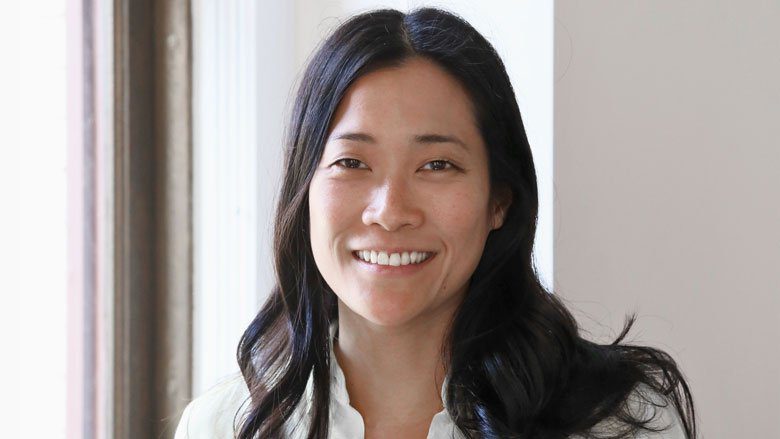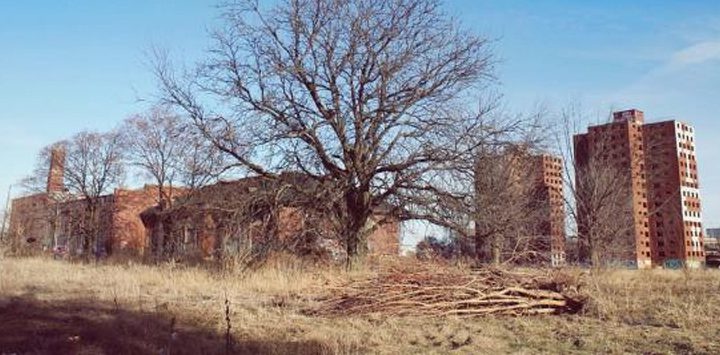
Lecturer Irene Hwang, assistant chair of Taubman College’s architecture program, recently received two awards from the University of Michigan to support her research and teaching, as well as a mentorship program aimed at increasing the diversity of voices and perspectives in the study and practice architecture.
Hwang, along with Faculty Allies McLain Clutter and Claire Zimmerman, received a Faculty Allies Diversity Grant from U-M’s Rackham School of Graduate Studies. The grant will support the Equity in Architectural Education Consortium’s (EAEC) Stacked Mentorship Program by institutionalizing the connections and knowledge shared during the Under Consideration speaker series, which launched during the 2020–2021 academic year.
The popular series, shared with current students and faculty at Taubman College plus the EAEC partner cohorts, highlights featured speakers’ professional development, as well as their equity work in the built environment across topics such as housing inequity, environmental justice, sustainable communities, and equitable development. A major thread throughout the Under Consideration series is that mentorship, role models, and a support community are crucial to the development of the speakers’ careers and work in tackling large-scale societal issues in the built environment.
In May 2018, Taubman College convened students, faculty, and staff from the college and seven minority-serving institutions for a conversation that became a shared goal of diversifying architectural education across the country. Through a collaborative approach, the ECAC worked to leverage various resources and forms of capital to collectively reduce inequities and disparities for current students of color and other underrepresented minorities in graduate and professional architecture programs, and ultimately impact the fields and disciplines where students will take up careers. The EAEC’s founding partners are architecture schools, departments, and programs at Florida A&M University, Florida International University, Hampton University, Howard University, Morgan State University, Tuskegee University, the University of Michigan, and the University of Oklahoma.
“Within our walls, we are able to cultivate teaching and learning through an equity lens,” said Hwang. “However, once students begin their internships and externships, they enter early professional experiences that reinforce the homogenous, privileged structures that we are working to dismantle. Lack of mentorship (and the support relationships and community it creates) is one of the main reasons why current students may find themselves leaving a field where they do not see themselves represented. The current partnership with the EAEC aims at addressing this gap through the creation of vertical and horizontal mentorship structures at scale, to form a meta-mentorship community.”
In addition, Hwang is one of eight U-M faculty who received 2021 summer fellowships at the Institute for the Humanities. Fellowship recipients represent diverse disciplines within the humanities and span several colleges and schools across the university, forming an intellectual community while pursuing original research and participating in regular, cross-disciplinary fellows’ seminars.
Hwang’s research project,“Pivotal Constructions of Unseen Events: How Architecture Shaped American History, 1871–2020,”considers architecture as historical event rather than historical artifact. In this way, the building of architectural origin can be considered an act, one whose historical significance is not solely as a diagnostic clue to history (artifact), but rather as acts that transform and shape history (event).
Hwang rejoined Taubman College’s faculty in 2018 after previously serving as the Willard A. Oberdick Fellow from 2010 to 2011. She is the author of the forthcoming book Get Practiced: Turn Your Architectural Education into a Career (Routledge, 2021).







